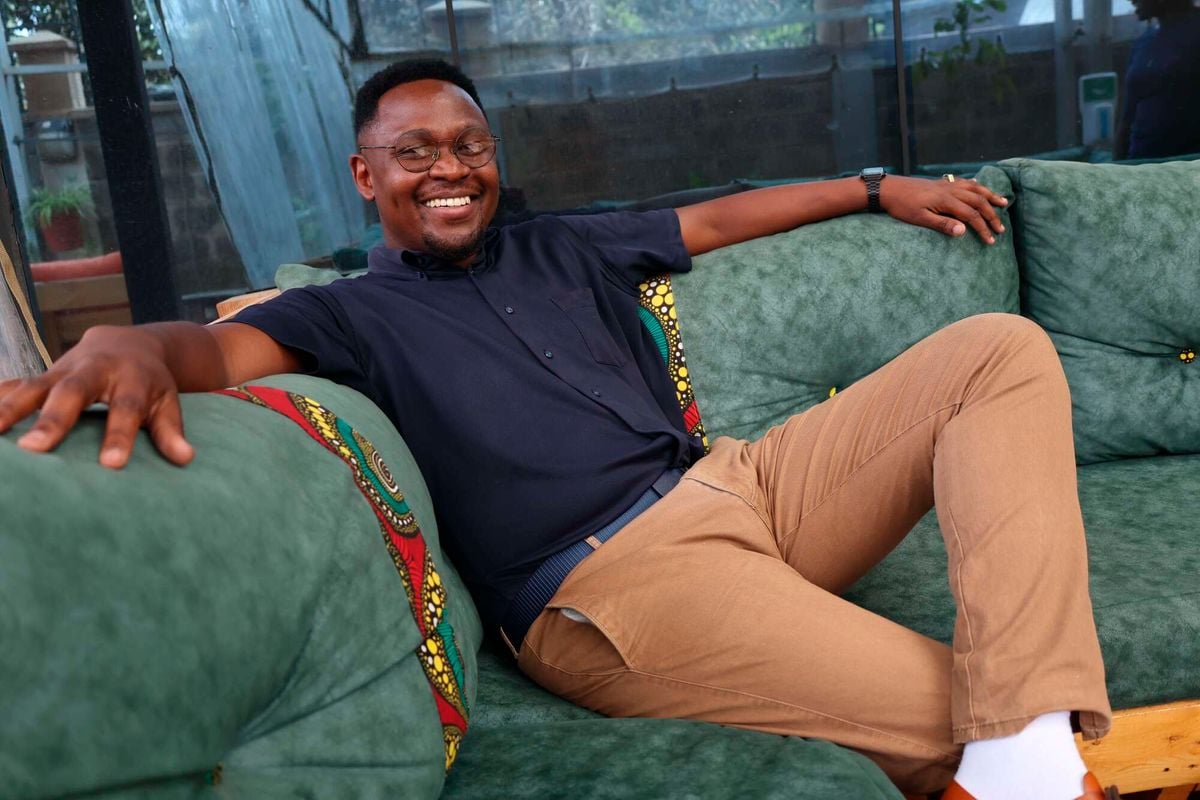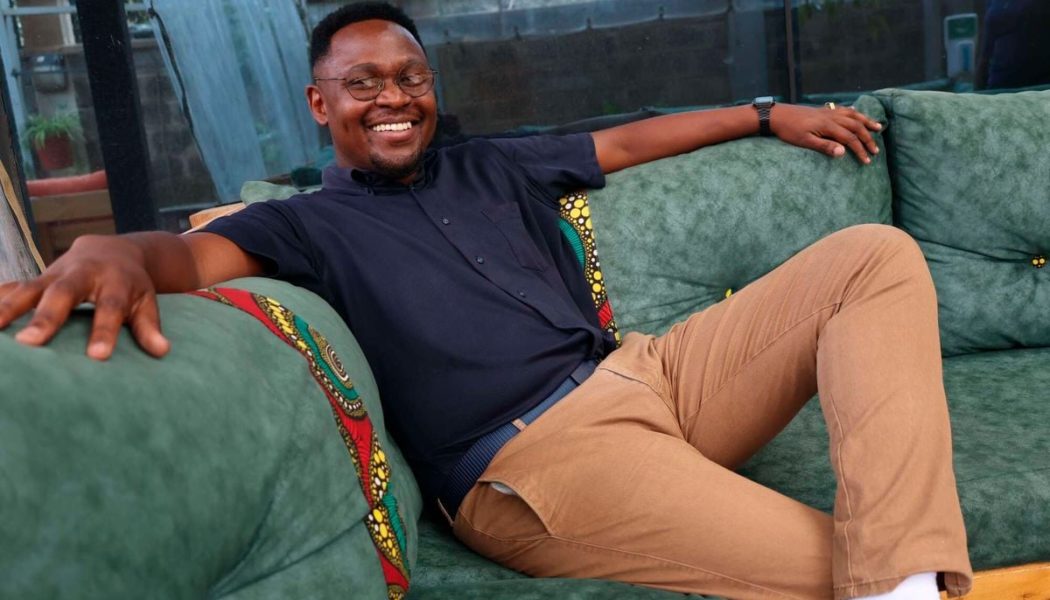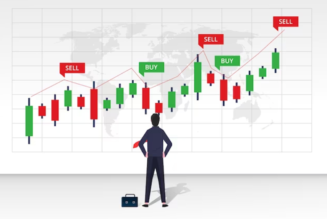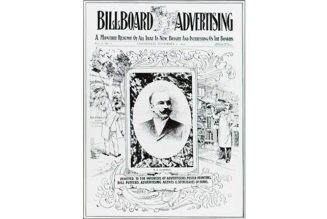
Denis Ntara, the country director of Saraya Kenya—a Japanese manufacturer of health and hygiene products—got his big break at Procter & Gamble in Takasaki, Japan as a national technical project manager before listening to the voices in the wind, moving back to Africa as business development manager, and later crossing over to Saraya, Kenya.
He speaks (and writes, emphasis) Japanese. He even co-founded a radio station—Radio Takasaki—in Japan, where he was the resident DJ.
An electronics engineer from the Nippon Institute of Technology in Japan, Mr Ntara also owns Blan.Co do-mo, a coffee roastery in Japan.
At the Marsabit Plaza terrace of Saraya Nairobi Kitchen Lab, on Ngong Road, he talks about how living and studying in Japan from the age of 19 and moonlighting as a DJ have shaped him.
I was holding my breath, half-expecting to see you in a kimono…
Haha! I am not a Samurai. Sorry to disappoint you.
How was the transition from Japan to Kenya?
It was okay. I came back as a summer bunny, but I had a lot of initiation events that jolted me back to reality and back to being Kenyan. I was in Japan for 14 years.
What called you back home?
I came back because I realised that there is way more potential for growth in Africa than in Japan. Japan is completely developed; whatever you want to do, it has already been done. With Africa, there is more potential to do things. In 2017, I travelled extensively across West Africa as a football scout.
I was not into football, but I went to Morocco, Senegal, Ivory Coast, Ghana et al trying to develop a systematic way of identifying young talent and taking them to Europe.
In the 14 years in Japan, did you pick a habit that is still serving you?
I became more meticulous and systematic in my thinking and actions. In Japan, people plan way ahead, to the t. Not so with us Kenyans. I may not necessarily plan to the Japanese level, but now I plan properly, ahead of time.
In Japan, it’s more of a culture. You are expected to have some structure and system that you run your life with. We [Kenyans] prefer to adapt to situations as opposed to plan meticulously.
But I saw the benefits of proper planning and started adapting. Also, being an engineer, I like systems because they are easier to work with.
How did you land in Japan?
I went after high school; I was about 19 and I had secured a scholarship. I spent my first four years learning the language, then I practiced as an engineer before getting into work.
But before work, the birds whisper that there was a deejaying stint?
I just randomly bought the DJ set on Amazon. When it got to my house, a friend saw it and said if I don’t make money out of it, they would never stop making fun of me.
My first challenge was to prove him wrong. I learned to deejay and bought some records, then I started looking for gigs before I started playing in Tokyo.
I have Dj’ed in some large clubs in Japan; we even started a radio station called Radio Takasaki and dubbed it “Nairobi to Tokyo”. We did that for a while before the corporate world swallowed me.
Now I DJ for fun. Do you know I was playing Amapiano before people discovered Amapiano? Now we are here.
That said, companies hire people to fit a job description, but also because of their particular idiosyncrasies.
What do you have that others don’t?
I have depth and range. I can immerse myself in many disciplines very deeply, but these disciplines are unrelated. I am also a coffee roaster, aside from DJing; and I even have a Japanese coffee sensei, who has been doing coffee for over 40 years.
I have a small roastery in Tokyo, so I have a lot of depth and breadth. Even here at Saraya we have a restaurant, sell chemicals, and equipment.
But there is a danger that when you are everywhere, you spread yourself thin. How are you avoiding that?
There are two perspectives. Time is the most important thing. Consider that even though I am spread wide and going deep, in two years, I wouldn’t compete with someone focused on a single thing, but in 10 years the learning you get from being broad supersedes the people who have specialised in a single thing. But you need to be patient.
How did you learn your patience?
I realised that you cannot do everything yourself. You need to develop systems and let people blossom. People need time and I have to let them make mistakes and learn and the organisation eventually becomes smarter than you.
What’s your leadership style like?
I am against micro-management. I let people learn by themselves, and try new things—failing is no problem, repeating the failure is the issue. My job is to share the vision, the way they interpret the vision is different, but the results are the same.
With your experience of living in two disparate countries, and you having the benefit of both, how has your leadership style evolved?
I started with the false belief that the Japanese way of doing things is the best, efficient and only way. Eventually I realised there are good things from either side and finding the balance is what took time.
The Japanese are good at being meticulous and detailed while Kenyans are good at creativity and interpreting things in a new way. Combine the two cultures and you get Saraya [chuckles].
The Japanese also counsel the concept of the kaizen, “continuous improvement.” What do you struggle with as a leader and a man? Mh! I am trying to be better every day, a better father to my son and that entails spending more time with him, as much as I can make away from work.
There is always a decision you have to make every time. I also struggle with the fact I never expected to be in this role, and sometimes I feel the pressure that comes with leadership is that people look to you for answers, all the tough problems. It is very important to be in the right mindset to make said decisions.
How old is your son?
Four in January. He’s a mini-me who a few months back wasn’t walking and now is asking quite tough questions, with all this inherent curiosity about the world.
What changed when you became a father?
I decided to be more intentional in terms of making decisions, knowing they also affect someone else’s life.
Your parents were risk takers, sending you off to get education in a foreign land. Would you have a similar risk appetite with your son?
Yes, that is why I am intentionally spending time with him so I can impart my knowledge to him as soon as possible. I want him to have the same knowledge I had at 30 at 18.
There are two sides to this—a lot of knowledge at 30, based on your travels; but you also lacked your parents in that foreign country, floating around for 14 years. What was that like for you?
There were other two Kenyans with me who became my family. It was a tiny community where we would eat Kenyan food, listen to Kenyan music et al. We survived through that community and our communication back home.
What’s your favourite memory in Japan?
I used to live in the outskirts of the city, and there is a place called Karuizawa. It’s up in the mountains so it does not get hot in the summer.
The drive there is amazing, it’s a narrow road with beautiful scenery. I would drive up to the restaurants and listen to music. That remains etched in my memory, there is no way to explain it, you just have to be there.
What do your parents think about you now?
They are proud. My dad takes any opportunity to say I was in Japan. I am happy for them. I am proud they never tried to impose anything on us that we should be anything and that helped us become who we are.
What are you discovering about yourself now?
I am learning how I perceive people and how to relate to different people. I have tried to put deliberate effort in learning body language, especially how I act in front of people and vice versa, especially in my current role where I need to talk to people.
Is it a hard shift?
It is challenging, but I will hack it. I am a homebody. If I am not with my son, then I am at work. I like solitude, reading and listening to music and watching history documentaries.
What’s a book or documentary you have watched that has shifted your perspective?
War and Peace by Leo Tolstoy. There is another called the Blue Dot by Carl Sagan that changed my perspective on life. There is also The Hitchhiker’s Guide to the Galaxy by Douglas Adams that I will recommend anyone to read. The Selfish Gene too by Richard Dawkins.
What is it about Tolstoy’s War and Peace that stayed with you?
Human nature. I don’t think there is any author who can describe human nature as well as he can, the way he describes all the different characters, including Napoleon with his fears, that whole picture of the human experience was extremely relatable compared to most western books that I have read that helped me understand humans better. It influenced me a lot.
Speaking of, who has been the most influential person in your life?
My mother. She is a retired teacher, but she is one of the most incredible business people I have seen, making smart decisions in terms of investment, business and taking care of us. With the little she has, she has done much.
The narrative is that teachers make do with whatever they get. What is the most difficult lesson your mother taught you about money?
Discipline. For you to be financially free you have to be financially disciplined. If you are paying salaries, that money is gone forever. But if that was to go into a piece of land, that money will keep returning.
Look at money as your employee, you should fire one that doesn’t work for you and incentivise the one that does. Money should always be working for you.
The Japanese are not given to a culture of excess. Is this your personal experience too?
They are minimalists. They are strong on equality, even showing off is shunned upon.
I have worked with a dollar billionaire who owned the company and would come to work with a bicycle. Humility is a boss move there as opposed to grandiosity.
Where is the line between humility and parsimony?
Showing off and living comfortably are different. In Japan they have no shame in living comfortably, you would have the amenities that you need, but it is rooted in minimalism.
Outside of material things they are big on experiences, which the economy is centred on. Holidays in Kenya business is slow. It’s the opposite in Japan—that’s when people go out to eat, to shop, to experience and spend money perhaps more differently than Kenyans.
How has your definition of money changed over the years, particularly when you were starting out, maturing in your career and after you became a father?
When I was starting out, it was this elusive thing that is difficult to get, I was just looking for it. Eventually it morphed to looking to create value to life as a journey where money is one of the variables that can increase or decrease but not the definition of how one’s life should run.
Now, I have dissociated from it—I use money as a tool to achieve things, impact someone’s life and to have fun.
To get here, what is the price you are paying for your ambition?
Mh! Relationships. I just can’t dedicate enough time to them. I have consciously decided that it is going to be work, spending time with my son, and having fun with my hobbies. I have given up on relationships.
My theory is that people who are a bit analytical tend to struggle with relationships as they look at it as a zero-sum game, pros and cons…I agree haha! Logic is a double-edged sword. I am not actively looking to be in a relationship. I do not see the need presently.
Who fills your cup then, metaphorically speaking?
Everything else has now taken on greater significance. There is work, family, and hobbies. I have started DJing.
When is it enough?
It’s never enough because it is never about the destination, it’s about the journey. It’s about the experience and what comes with it. I don’t know where I shall be next year, and that’s how I like it.
I am an anime guy, and I like One Piece, a Japanese manga series which has a main character called Luffy who wants to be the king of the pirates. I subscribe to his philosophy of life being a journey, and you want the journey to reveal itself.
So, when you get to where you are going, where will you be?
I will never reach where I am going. I will always be going. I have no destination.
Are you familiar with Robert Frost’s Road Less Travelled poem? What was your road less travelled?
The fork on the road is when I decided to leave Procter & Gamble in Japan, where I was the only black guy in the company. If I had pursued that path, I would have been a successful employee, going through the ranks, but I left that path, and many thought me crazy.
That fork was hugely important since many of my peers stayed, going through the motions. I am more of an adventurer, even my current position is risky, I could be replaced any time if the company doesn’t perform. I enjoy the uncertainty.
How are you redefining failure currently?
Failure is intentional, if you want to fail you will. Regardless of the circumstance, you can make lemonade from whatever lemons you have been handed.
What do you know that I should know?
That is a very heavy question. We should all know that as a country and people, we can actually achieve anything we want to.
What’s one thing you have finally come to terms with? Things will never go to plan, but your job is to plan on whatever eventualities that come out and to adapt. That is the only thing that truly works because change is constant.
Are you smart or lucky?
Lucky haha! I know way smarter people than I am.









